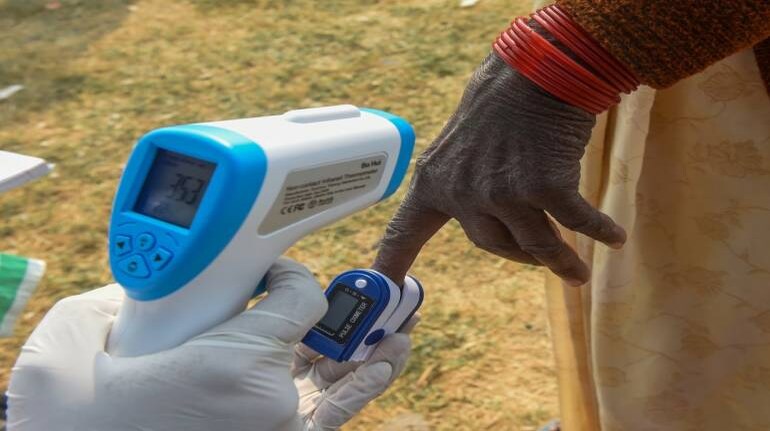



Delhi recorded 1,418 fresh COVID-19 cases on December 18 with over 88,000 tests being conducted, while the positivity rate stood at 1.6 percent, authorities said. The national capital's death toll mounted to 10,219 with 37 new fatalities, they said.
This is the fourth consecutive day when the positivity rate has remained below 2 percent. It was 1.51 percent on Thursday, 1.96 percent on Wednesday and 1.9 percent on Tuesday.
The 1,418 fresh cases came out of 88,400 tests conducted the previous day, including 48,180 RT-PCR tests and 40,220 rapid antigen tests, according to the latest bulletin issued by the Delhi health department.
The positivity rate from December 3 to 7 had successively dipped to 4.96 percent, 4.78 percent, 4.2 percent, 3.68 percent and 3.15 percent, respectively. However, on December 8 it had risen again to 4.23 percent, falling again to 3.42 percent on December 9 and 2.46 percent on December 10.
It had risen to 3.33 percent again on December 11, fell again to 2.64 percent on December 12, and rose marginally to 2.74 on December 13 before falling again to 2.15 percent on December 14. The number of active cases in Delhi dropped to 11,419 on Friday from 12,198 the previous day.
According to the bulletin, the total number of COVID-19 cases in the city stands at 6,14,775.
Follow our full coverage of the coronavirus pandemic here.
Discover the latest Business News, Sensex, and Nifty updates. Obtain Personal Finance insights, tax queries, and expert opinions on Moneycontrol or download the Moneycontrol App to stay updated!
Find the best of Al News in one place, specially curated for you every weekend.
Stay on top of the latest tech trends and biggest startup news.